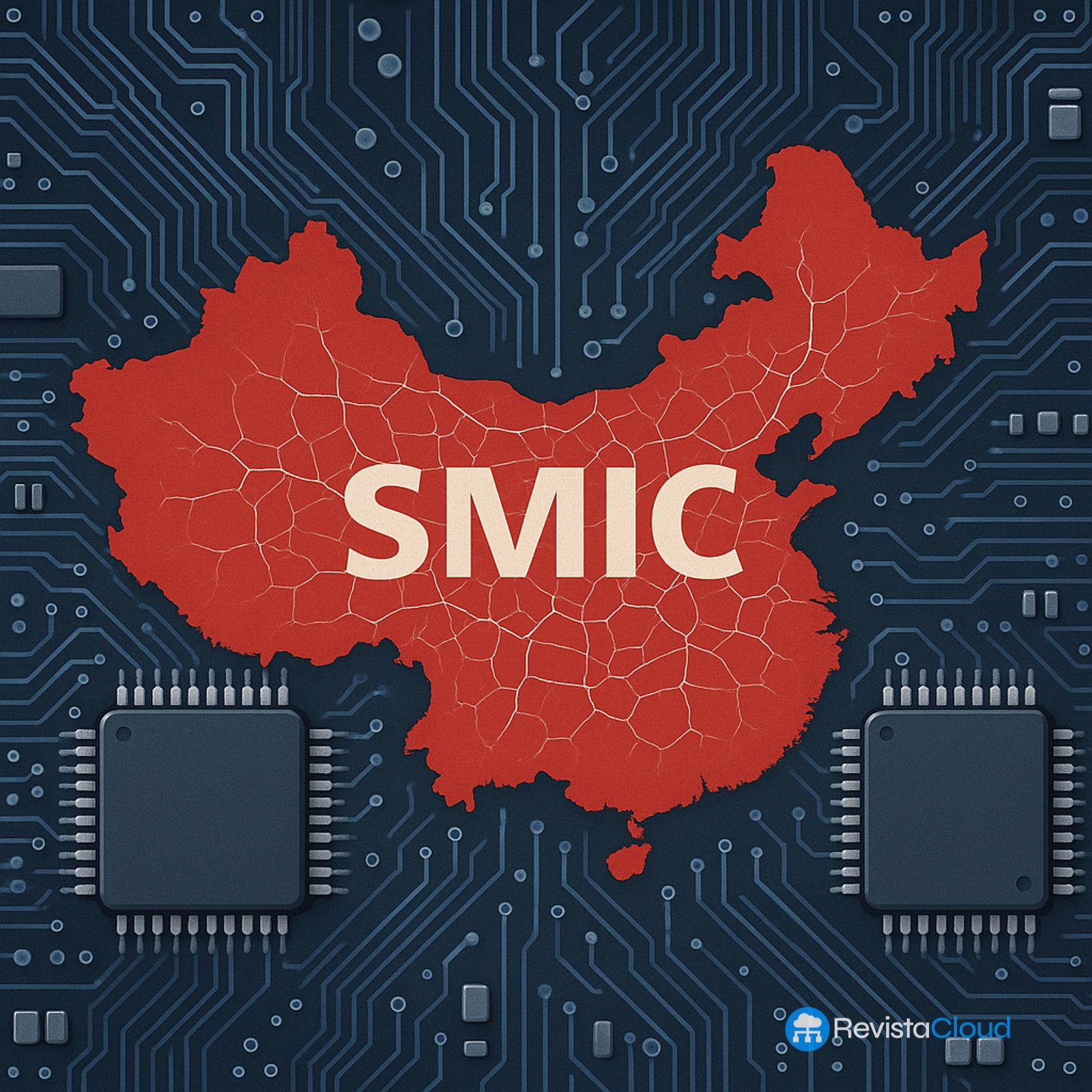Taiwan has taken a new step in the global semiconductor war by officially adding Huawei and SMIC to its export blacklist, thereby intensifying restrictions on major Chinese chip companies. This action, which follows the path outlined by the United States, represents a direct blow to China’s efforts to reduce its dependence on foreign technology, especially at a crucial time for the development of artificial intelligence and advanced computing.
A Historically Significant Ban
Until now, Taiwan already maintained severe restrictions on the export of machinery and key chip manufacturing technologies to China, such as photolithography systems necessary for etching circuits onto silicon wafers. However, this is the first time the Taiwanese government has explicitly added Chinese giants like Huawei and SMIC (Semiconductor Manufacturing International Corporation) to its list of banned entities for national security and weapons proliferation reasons.
As per the regulatory update published on June 10, any Taiwanese company wishing to export technology, products, or services related to semiconductors to Huawei, SMIC, or any of the more than 600 companies included in the new list must obtain explicit approval from the government. Among those newly banned are firms from Russia, Iran, Pakistan, Myanmar, and organizations linked to international radical movements.
Direct Impact on the Chinese Tech Industry
This announcement comes at a critical time for Huawei and SMIC, which have been striving for years to close the technological gap with the United States and its allies. Both Huawei and SMIC were already under U.S. sanctions, which prevent them from accessing essential tools and components for the manufacture of advanced chips, including next-generation AI chips. Now, Taiwan’s decision further tightens this blockade and limits both companies’ ability to source critical components, particularly from suppliers like TSMC, the world’s largest semiconductor manufacturer.
The goal of the Taiwanese authorities is to prevent any potential leakage of sensitive technology that could be used for military purposes or to develop strategic capabilities by China. “Manufacturers must comply with export control regulations, meet their verification obligations, and carefully assess transaction risks,” government sources reminded.
Collateral Effects and International Reaction
This decision not only impacts Chinese companies but also affects trade and technological relations between Taiwan and China, which were already suffering from U.S. pressure and the intensification of the technological conflict. Collaboration between Chinese and Taiwanese companies is expected to decrease even further, complicating joint projects and the exchange of know-how in key sectors like artificial intelligence, automotive, and telecommunications.
The measure adds to last year’s precedent when the United States urged TSMC to halt the supply of advanced chips to Huawei after detecting U.S. components in the Chinese brand’s AI products. Now, Taiwan reinforces its stance, aligning itself with Western strategic interests and complicating China’s access to cutting-edge semiconductor technology.
The Future of Technological Rivalry
The inclusion of Huawei and SMIC in Taiwan’s blacklist is interpreted as a new chapter in the struggle for global technological supremacy, with the semiconductor industry at the center. Both companies will now need to seek alternatives within the Chinese ecosystem, accelerate technological independence, and find new ways to continue developing next-generation chips amid growing international isolation.
In a scenario where the United States, the European Union, Japan, and South Korea are also strengthening their own chip manufacturing and design capabilities, Taiwan’s decision marks a turning point in the global technological race. The outcome of this escalation will be crucial in defining future leadership in strategically significant sectors such as artificial intelligence, automotive, defense, and the digital economy.
Source: huaweicentral and bloomberg

